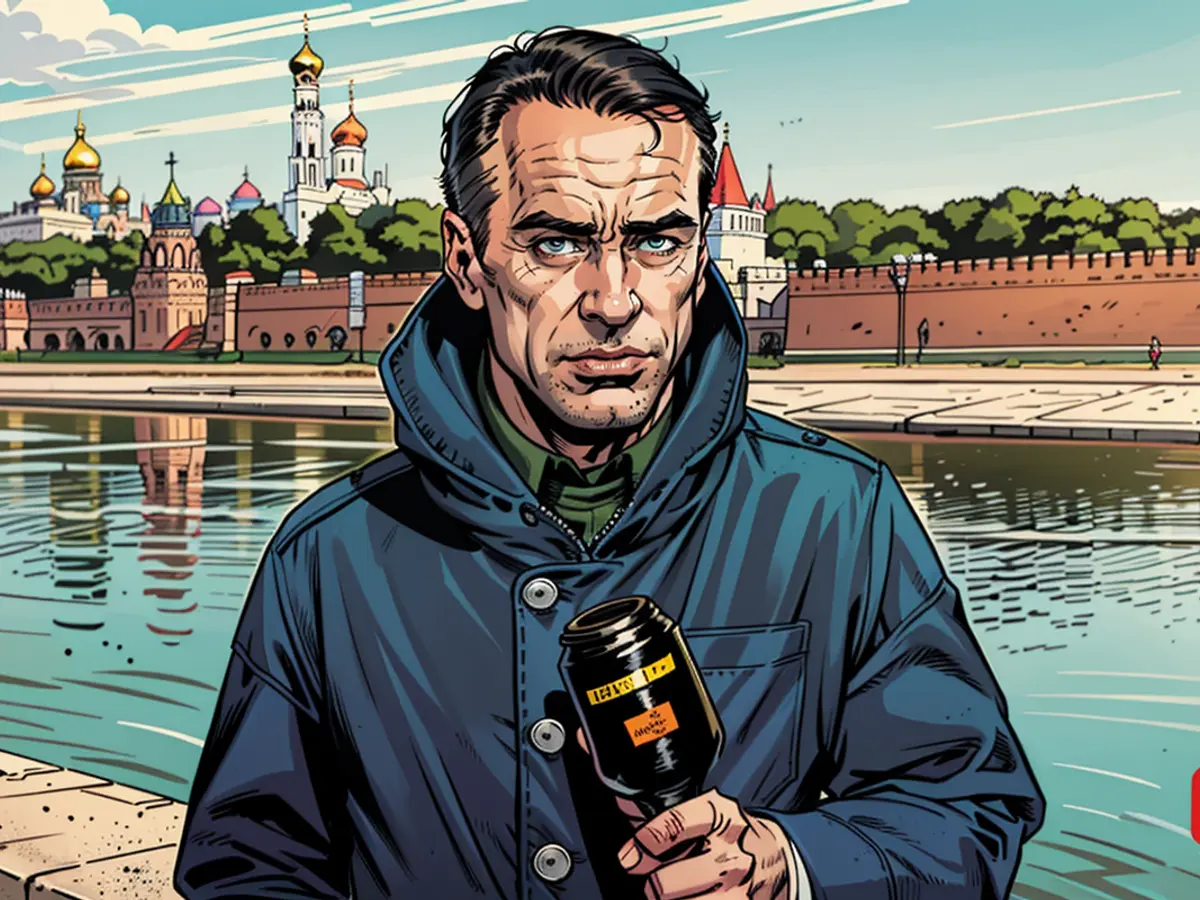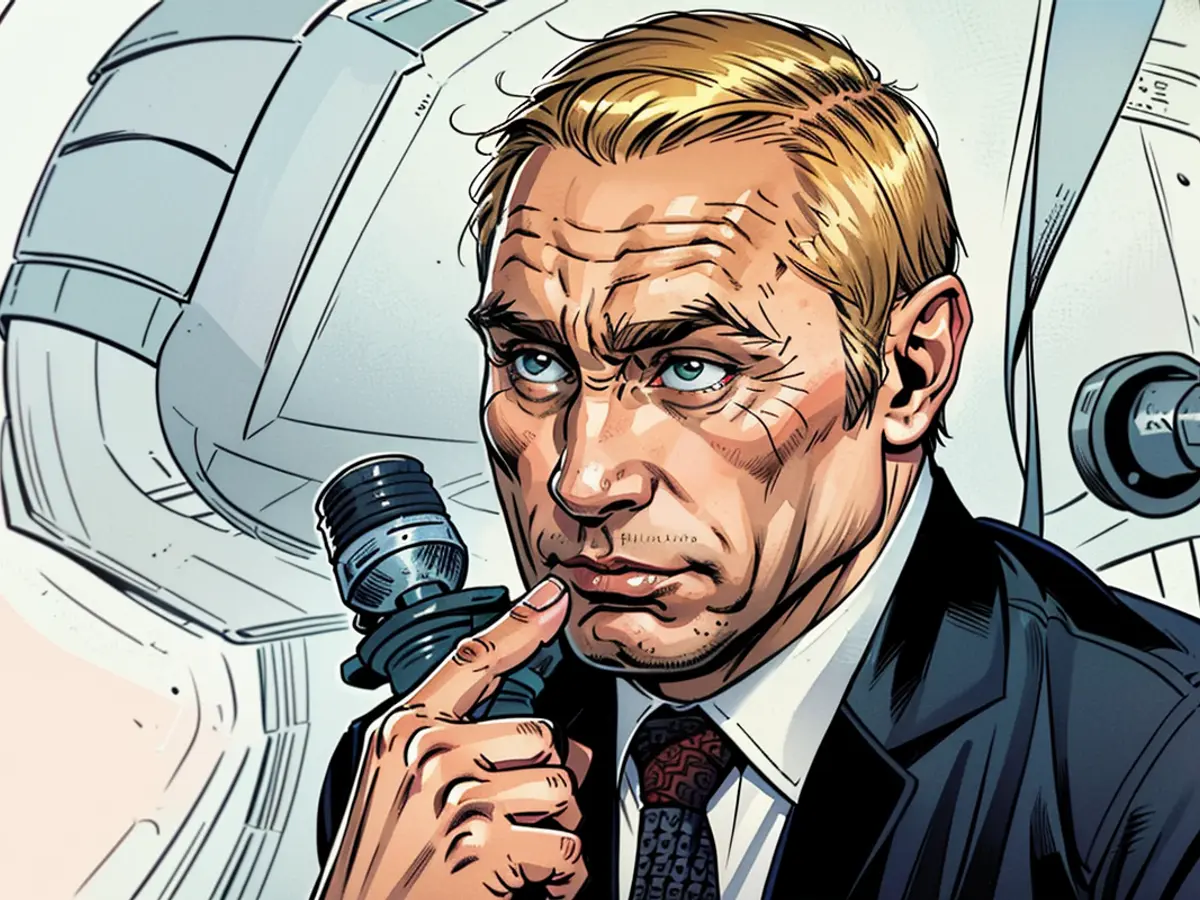G7 leaders' meeting - West communicates decision on fresh Russia penalties to Putin.
Donald Trump's potential re-election in November shouldn't deter Ukraine from seeking long-term financial and military support from the West. At the G7 summit in Sicily, US President Joe Biden proposed a billion-dollar aid package aimed at Russia. All G7 members were in agreement.
This new aid serves as a reminder to Russian President Vladimir Putin that "we don't give in." Biden said this during a press conference with Ukrainian President Volodymyr Zelenskyy. "He (Putin) can't divide us. And we'll stand by Ukraine's side until it wins this war." USA plans to make about $50 billion available through credit. The other G7 countries are still finalizing their commitments.
The US imposed new sanctions against Russia before the meeting in Italy, and the European Union is preparing to implement further penalties. Some believe that Trump could alter the US stance toward Russia if he wins the presidential election from 4 years ago. Right now, he's ahead in the polls.
A Pope at the G7 Summit
The roundtable meeting between a dozen heads of state and government from other nations has expanded. For the first time in nearly 50 years, a Pope is participating in a G7 summit. Pope Francis, who leads over 1.3 billion Catholics, is attending a discussion on Artificial Intelligence. He also has several bilateral meetings scheduled.
The summit, held at a luxury hotel on the Adriatic Sea, runs until Saturday. The leaders have already agreed on a closing statement, according to host Giorgia Meloni. The G7 group consists of the USA, Canada, Great Britain, Japan, France, Italy, and Germany, with guests being the heads of state and government from India, Brazil, Saudi Arabia, and Turkey.
The US is sealing additional aid for Ukraine through a Security Agreement - even if there are future attacks. The agreement encompasses military support, cooperation in the arms industry, and sharing intelligence services information. It's designed to help Ukraine become a part of NATO. The US doesn't provide security guarantees nor promises to deploy US military forces to defend Ukraine. Kiev has similar agreements with over a dozen countries, including Germany.
A Clear Message to Putin
German Chancellor Olaf Scholz (SPD) viewed the new billions in aid as a clear message to Putin. "The Russian president has a clear plan: He wants to keep pushing his war as long as others abandon supporting Ukraine. That plan has failed today," said Scholz.
Meloni supported Ukraine, saying, "This unexpected outcome makes me particularly proud." EU Commission President Ursula von der Leyen called it an unmistakable message that Putin would be shown the consequences of his actions.
Von der Leyen also mentioned the expectation of an agreement among EU members on new Russia sanctions. "We're almost there," she said to the German Press Agency and other media. The new penalties would aim to prevent circumventing existing sanctions.
Criticism of China's Relations with Russia
The United States has announced new sanctions against Russian war supporters. These will also affect Chinese companies. China is considered Russia's most significant ally and provides Moscow with backing on the world stage.
Biden directly accused China of supporting Russia's war. "They're (China) not providing weapons, but the ability to produce them and the technology needed for that. In effect, they're actually assisting Russia."
The G7 doesn't just criticize China due to its connection with Russia but also due to its difficult trade relations. The G7 blames China in the summit declaration for creating unfair competitive practices, such as subsidies and excess capacities, distorting competition. This endangers economic stability in G7 countries, including employment. China is also threatened with indirect penalties.









